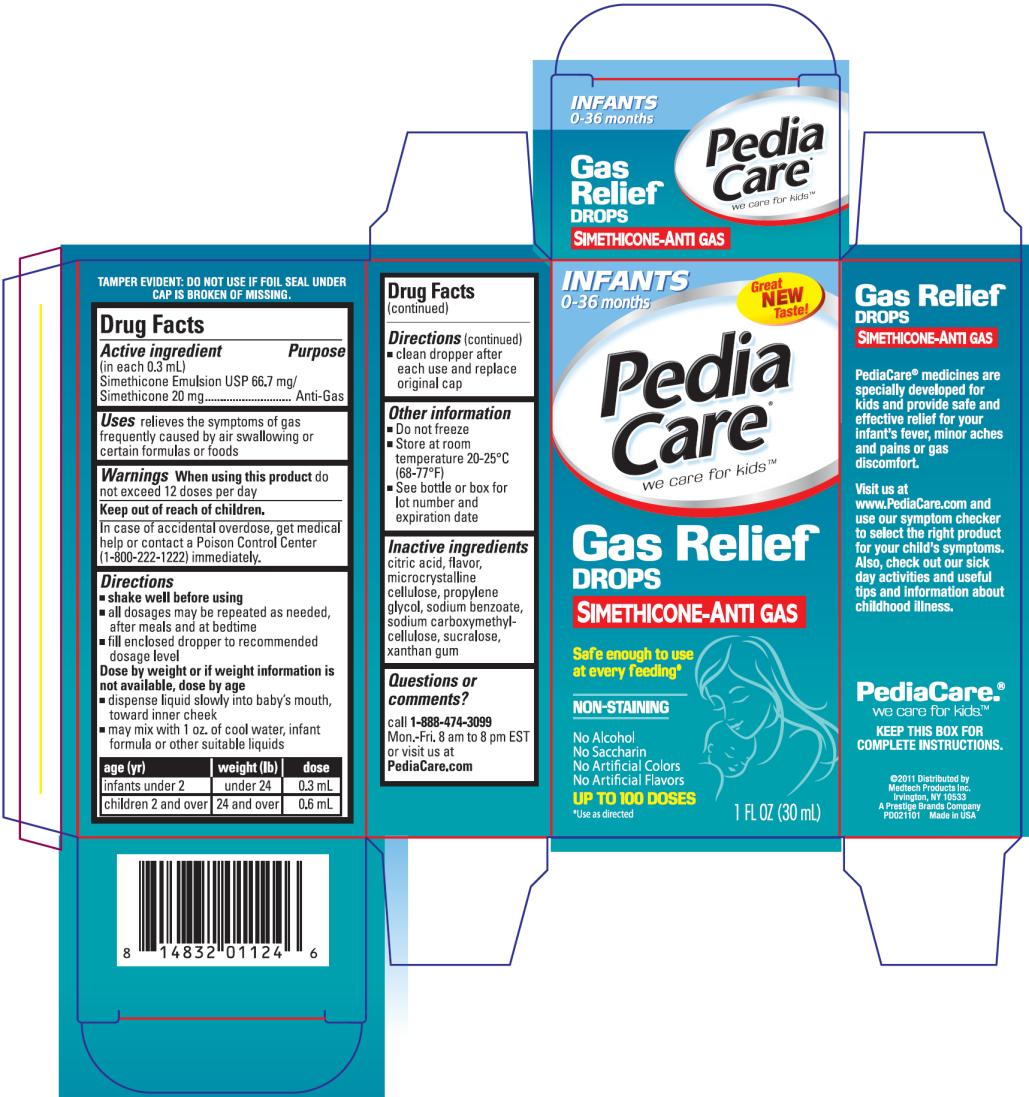Pediacare Gas Relief Drops Dye Free | Simethicone Emulsion And Simethicone Liquid while Breastfeeding

What is Pediacare Gas Relief Drops Dye Free | Simethicone Emulsion And Simethicone Liquid ?
Brief: Anti-Gas
Can I use Pediacare Gas Relief Drops Dye Free | Simethicone Emulsion And Simethicone Liquid while breastfeeding?

Pediacare Gas Relief Drops Dye Free | Simethicone Emulsion And Simethicone Liquid Breastfeeding Analsys
Silicon dioxide while Breastfeeding
SafeA polymer made out of silicon-oxygen-methyl combination with a high molecular weight, water repellent and low superficial tension. It is used in many ways (dimethicone, simethicone, -see specific items)orally to treat infant colic and flatulence; as pediculicide, in cosmetic creams and lotions and skin protectants as to prevent ulcers and scars; arthroplasties, retinal detachments and reconstruction or cosmetic surgery as injections and implants. Silicone is widely distributed in our environment with several cosmetic and medicinal uses. No evidence of toxicity on human tissues has been shown. A 1994 report on immunological side effects in infants breastfed by mothers with silicone implants, was denied categorically by means of meta-analysis and other work. The absorption by oral or dermal route is negligible. Both a high molecular weight and polymer molecular structure make it practically impossible excretion in the milk and hence a significant amount of intestinal absorption by the infant. Those circumstances make silicone implants safe for lactation even if broken or manufacturing fault (Poly Implant Prothèse, PIP). After extensive analysis of such silicone prosthesis, where lack of health risk was demonstrated, it can be concluded that many of the initial recommendations published lacked scientific validity, including that carriers of such prosthesis should not breastfeed. Silicon levels in blood and milk of women with implants (55 ng / ml) are similar to those of women without implants (51 ng / ml), 13 times lower than that found in cow's milk (709 ng / ml) and 80 times lower than in commercial infant formulas (4403 ng / ml). American Academy of Pediatrics: Product usually compatible with breastfeeding. To view other possible effects on breastfeeding of breast implant unrelated to silicone, see the term 'Augmentation Mammoplasty'. See below the information of these related products:
Dimethicone while Breastfeeding
SafeCAS Number: 9006-65-9
Dimethicone is a fluid type of silicone with a methyl as organic group radical. Silicones are polymers of silicon tied to oxygen atoms with high molecular weight (see information on silicone and dimethicone). Dimethicone is water repellent and it is used in creams, dressings for skin protection and pediculicides. An activated form of Dimethicone is Simethicone that is used for treatment of flatulence (see info on Simethicone) At latest update, relevant published data on excretion into breast milk were not found. Because it is not absorbed through the skin or orally along with a high molecular weight, excretion into breast milk in significant amount or absorption by the infant gut is highly unlikely. See below the information of these related products:
What should I do if I am breastfeeding mother and I am already exposed to Pediacare Gas Relief Drops Dye Free | Simethicone Emulsion And Simethicone Liquid?
It is always a good idea to keep your healthcare provider or doctor informed about your drug usage during pregnancy and breastfeeding but if you have not informed your doctor about Pediacare Gas Relief Drops Dye Free | Simethicone Emulsion And Simethicone Liquid and have used it then do not panic as Pediacare Gas Relief Drops Dye Free | Simethicone Emulsion And Simethicone Liquid is mostly safe in breastfeeding and should not cause any harm to your baby.
My doctor has prescribed me Pediacare Gas Relief Drops Dye Free | Simethicone Emulsion And Simethicone Liquid, what should I do?
Usage of Pediacare Gas Relief Drops Dye Free | Simethicone Emulsion And Simethicone Liquid is safe for nursing mothers and baby, No worries.
If I am using Pediacare Gas Relief Drops Dye Free | Simethicone Emulsion And Simethicone Liquid, will my baby need extra monitoring?
No
Who can I talk to if I have questions about usage of Pediacare Gas Relief Drops Dye Free | Simethicone Emulsion And Simethicone Liquid in breastfeeding?
US
National Womens Health and Breastfeeding Helpline: 800-994-9662 (TDD 888-220-5446) 9 a.m. and 6 p.m. ET, Monday through Friday
UK
National Breastfeeding Helpline: 0300-100-0212 9.30am to 9.30pm, daily
Association of Breastfeeding Mothers: 0300-330-5453
La Leche League: 0345-120-2918
The Breastfeeding Network supporter line in Bengali and Sylheti: 0300-456-2421
National Childbirth Trust (NCT): 0300-330-0700
Australia
National Breastfeeding Helpline: 1800-686-268 24 hours a day, 7 days a week
Canada
Telehealth Ontario for breastfeeding: 1-866-797-0000 24 hours a day, 7 days a week
